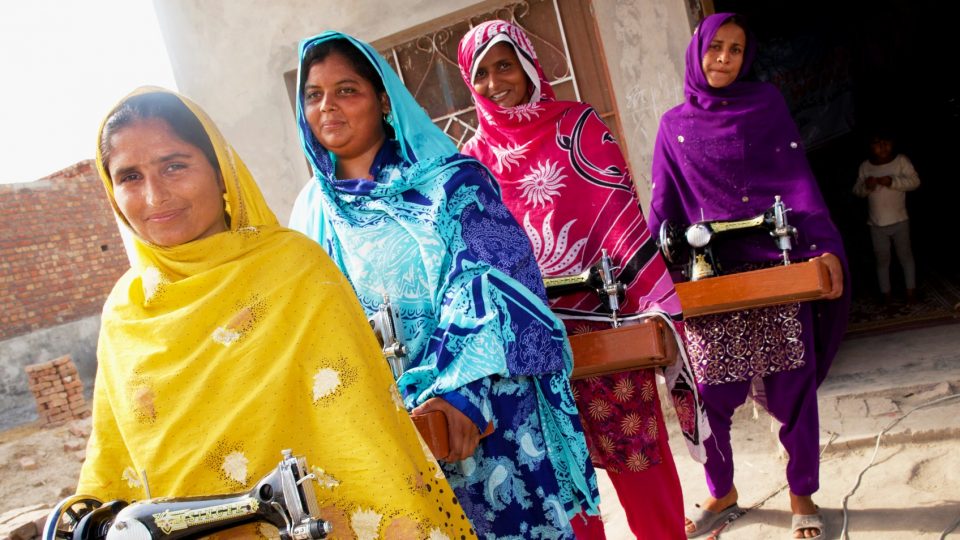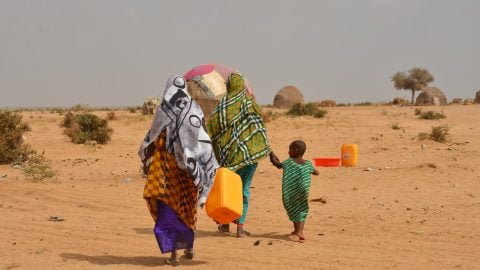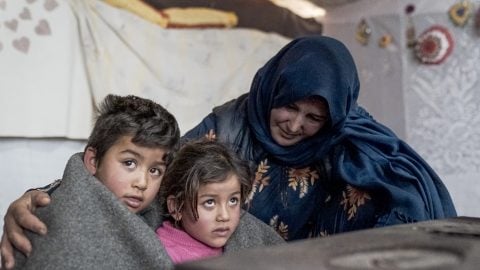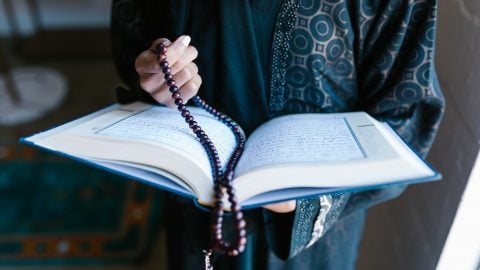Women are the largest demographic affected by global poverty
A global study conducted by UN Women and the World Bank found that women are more likely to suffer from global poverty than men. The study also indicated that households with children are among the poorest.
Single parents with children, particularly female headed households, face an even higher risk of poverty. This means that women and their families are more at risk for malnutrition, more vulnerable to disease and natural disasters, and struggle more to provide for their children.
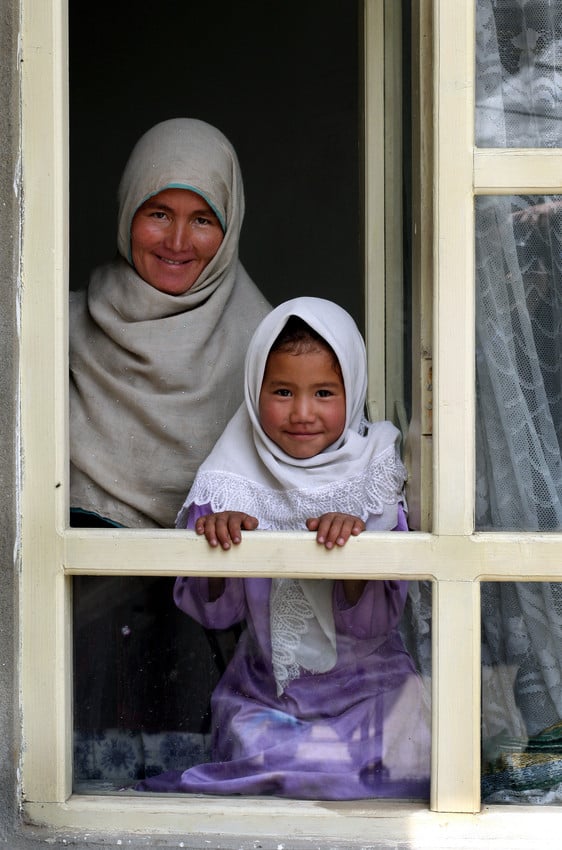 Gender disparities in poverty levels are rooted in inequalities. Limited access to education, economic resources, and spaces in the labour force all contribute to the increased poverty level of women. When this is combined with other factors like the gender wage gap, these conditions can further reduce women’s bargaining power in the household and their resilience in society. It increases their chances of landing in poverty when disaster or conflicts arise.
Gender disparities in poverty levels are rooted in inequalities. Limited access to education, economic resources, and spaces in the labour force all contribute to the increased poverty level of women. When this is combined with other factors like the gender wage gap, these conditions can further reduce women’s bargaining power in the household and their resilience in society. It increases their chances of landing in poverty when disaster or conflicts arise.
We meet many such women in the course of our work. During a recent trip to Bosnia, I met a group of women who were widows with children to support. Many are survivors whose families were torn apart in the war in 1995. Their stories are heartbreaking.
Revda is a mother and a widow. She was pregnant when she lost her husband in the Srebrenica genocide in 1995. After the genocide, she moved to Vogosca, a place where most of the Srebrenica widows went to live after the war ended.
You can imagine there weren’t a lot of job opportunities in a place like Vogosca. Not only did the war tear away Vogosca’s family, it created conditions that nearly make it impossible for her to support herself and her young child.
Gender inequality is one of the most severe forms of discrimination in the world; it affects girls and women of all ages, backgrounds, and ethnicities, and is a significant cause of global poverty.
Women’s unique challenges to overcome poverty
Women and girls continue to face unique challenges accessing humanitarian assistance while also facing barriers obtaining their basic human rights; all of these factors combine to significantly impact their socio-economic status.
But there is a light at the end of the tunnel. According to the McKinsey Global Institute, if countries matched their gender equality to that of the best-performing country within each region, it would boost GDP globally by $12 trillion annually by 2025. This is obviously much easier said than done, but at least we know the path out of global poverty – even if it isn’t an easy one.
This tells us in no uncertain terms that women hold the key for a sustainable future. And there is so much work to be done in all regions on that front.
Women’s economic empowerment has a positive impact on gender equality. It brings broader intergenerational benefits for women, their families, communities, and entire nations. Research indicates that women often reinvest much more of their earned income into their children and family than men typically do. So when we help women, we help entire communities.
UN: Women’s empowerment is key to all future development
In 2015, the UN Gender Assembly signed off on the Sustainable Development Goals (SDGS). The SDGs are a collection of 17 globally recognized goals which were designed as a “blueprint to achieve a better and more sustainable future for all.”
Adopted by all UN Member States, the SDGs were designed as an urgent call to action for everyone. The goals officially recognize that eliminating poverty and other deprivations must be paired with strategies to improve other areas such as health, education, climate change, human rights and gender equality.
“We cannot build the future we want and achieve the Sustainable Development Goals (SDGs) without the full participation of women.”
Deputy Secretary-General Amina J. Mohammed
Working to eliminate global poverty levels starts with women
Women’s equality and empowerment is one of the 17 SDGs. But while only explicitly mentioned once, gender equality and women’s empowerment is essential to all areas of sustainable and inclusive development.
Women’s economic empowerment increases economic diversification, income equality as well as enhances productivity; this is in addition to various other positive development outcomes.
Let’s go back to Revda’s story. Since 2008, Revda has taken out 7 loans from Islamic Relief Bosnia’s Microfinance Program. One of these was used to help her purchase a flat for her family. Another was to buy land to build the house where she is currently producing and selling different products made of herbs. These include teas, herbal creams, herbal oils and herbal soaps.
The products she produces can treat many different health conditions and diseases. She was able to start this business after completing a 6-month course in herbal medicines and homeopathy. She mainly sells her products through word of mouth marketing and has recently set up a Facebook page to promote her business
As Revda’s story shows, when women are empowered, they not only lift themselves out of poverty – their whole community benefits. Maybe, one day, Revda will be a small business owner employing other women from Vogosca. Just recently, Revda added doors and windows to the building where she operates her business from.
We need to help more women like Revda and we need to help ensure that all women have the necessary knowledge, skills and resources to fully participate in the economy. In my next post, I look forward to highlighting three ways in which we can help do this!


